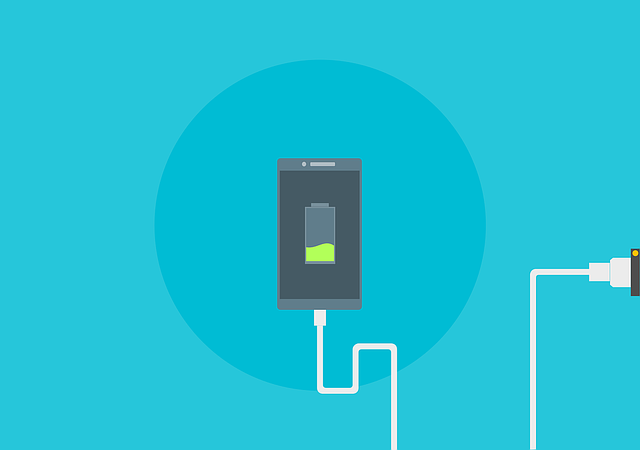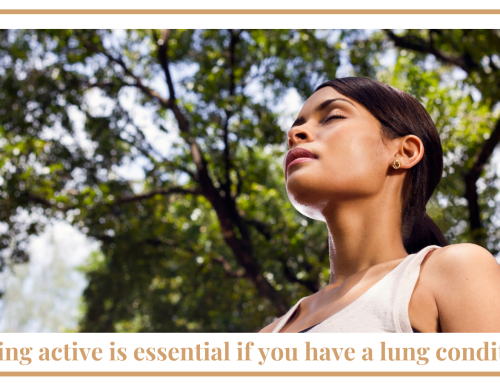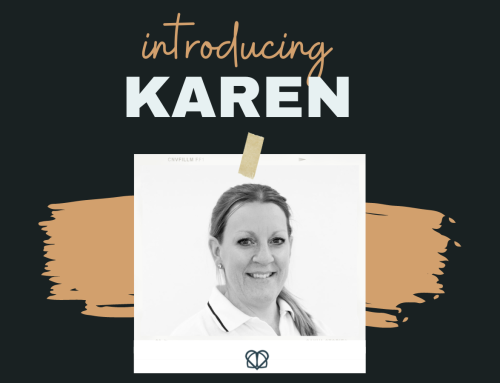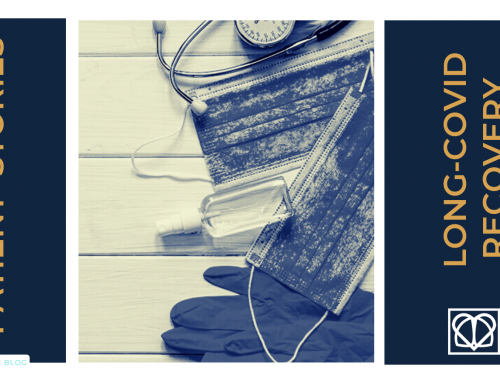Long covid has been making the headlines in recent weeks, following the announcement that 40 clinics will be opened across the country from the end of November to support those patients who are still suffering from the debilitating effects of the virus, months after being infected.
The clinics will work to guidelines that include a formal definition of the disease, how to identify on-going symptoms and a definition of best practice investigation and treatment options to support the management of the condition across diverse communities. This will ensure that people receive consistent care wherever they are in the country.
What is long covid?
NICE (National Institute for Health and Clinical Excellence) has defined long covid as “signs and symptoms that develop during or following an infection consistent with Covid-19, continue for more than 12 weeks and are not explained by an alternative diagnosis”.
It’s believed to currently affect more than 60,000 people in the UK. Symptoms can include
- on-going shortness of breath
- fatigue,
- heart, lung, kidney, neurological and musculoskeletal problems
It can affect people of any age or gender, and doesn’t appear to bear any relation to how severe the virus was during the acute stage.
The rollercoaster of recovery
We understand that the uncertainty around long covid is causing some patients distress – especially in terms of how long they might be feeling like this.
Because Covid-19 is such a new disease, we’re learning more and more about it all the time, and the way in which we’re treating it is evolving too. It’s important to remember that recovery won’t be a linear process – there will be days where you feel more like your old self, and then others where you feel you’ve taken a big backward step.
Be reassured that it’s OK if you feel like this!
The way we’ve started to describe it to patients is to think of your body like your mobile phone…
Every day, you put your phone on charge. As soon as you unplug it all the apps you access, calls you make and texts you send will start to drain the battery. Your body is the same – everything you do – not just your physical activity but cognitive and emotional activity too – will drain your energy reserves. The call you make to a family member, the book you read, unloading the washing machine will all use up some energy, which means that it will take much longer to power up your energy to maximum levels again. So you might feel more drained and tired over the forthcoming days as your energy restores.
Let’s take a look at breathlessness…
We’re seeing more and more patients at Air Physiotherapy who are presenting with symptoms of breathlessness as they recover. This might be when you’re at rest – watching TV or reading a book – and you feel out of breath. Or it could be when you’re doing simple everyday tasks like walking up the stairs or even making yourself something to eat. It can be difficult to get your head around why these relatively simple things are making you feel breathless and fatigued.
The first step if you’re at all concerned about your breathing is to see your GP to make sure any issues with your health have been identified.
Once you’ve double checked there aren’t any underlying issues, please be reassured that respiratory physiotherapy with Air Physiotherapy can help you with your breathlessness and identifying appropriate levels of physical activity. There are some simple steps you can take to ease your breathlessness but if you have any questions or would like to find out more about how we could help, please email hello@airphysiotherapy.co.uk.
We’re going to be providing some resources over the forthcoming weeks and months around the topic of long covid so watch this space….!





